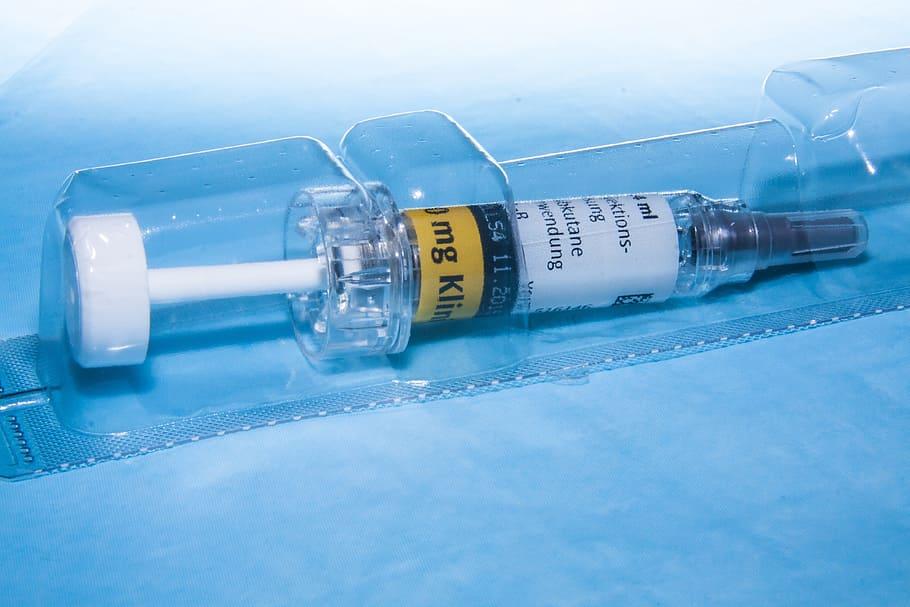Heparin Calcium - A Lifesaving Anticoagulant Drug

Heparin calcium is a widely used anticoagulant (blood thinner) that has been used for over 80 years. It works to prevent and treat blood clots in the body. This article discusses the uses, mechanism of action, side effects and other important aspects of this lifesaving drug.
Uses
Some common uses of heparin calcium include:
- Prevention of blood clots during surgery or medical procedures like dialysis or angioplasty.
- Treatment of pulmonary embolism or deep vein thrombosis. These are conditions caused by blood clots in veins.
- Acute coronary syndrome which includes conditions like heart attack.
- Atrial fibrillation to prevent stroke.
- Pregnancy complications involving blood clots.
Mechanism of Action
Heparin Calcium works by inhibiting certain proteins in the blood known as coagulation factors. These factors play an important role in the coagulation cascade, which leads to the formation of blood clots. Specifically, heparin binds to and enhances the activity of a natural inhibitory protein called antithrombin III. The heparin-antithrombin complex inactivates coagulation factors like Factor Xa and thrombin, thereby preventing the clotting process. This anticoagulant action of heparin helps to dissolve or prevent existing clots from growing further.
Get More Insights on- Heparin Calcium
- Art
- Causes
- Crafts
- Dance
- Drinks
- Film
- Fitness
- Food
- Giochi
- Gardening
- Health
- Home
- Literature
- Music
- Networking
- Altre informazioni
- Party
- Religion
- Shopping
- Sports
- Theater
- Wellness
- IT, Cloud, Software and Technology


